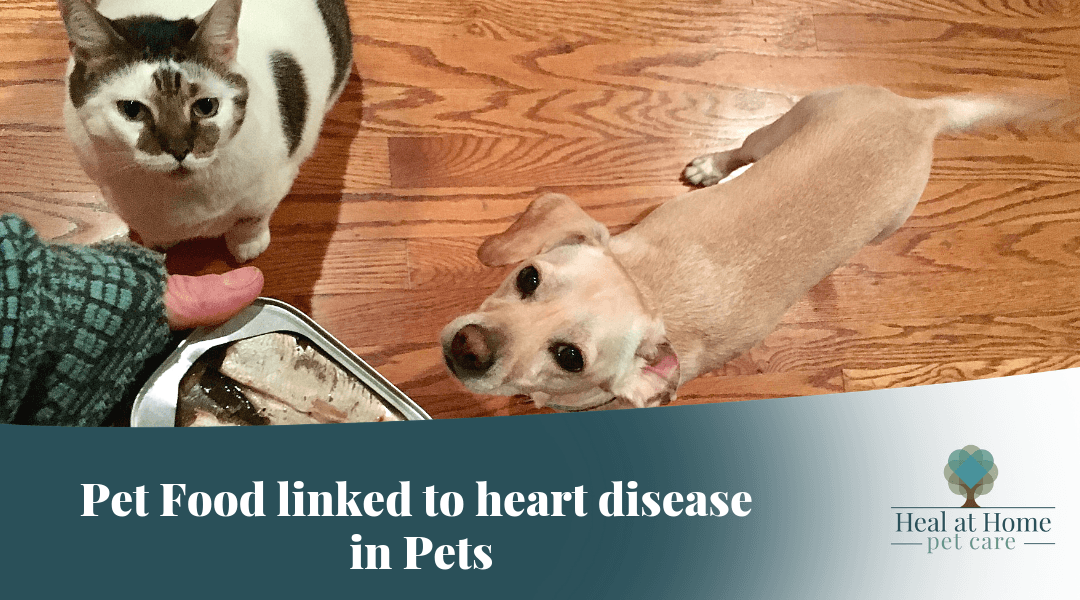There is more confusion than ever about pet food, with new brands coming out, the media misrepresenting information, and our distant relationship with knowing what healthy food is.
Food used to be a simple thing. Back in the “old days” before commercial pet food, dogs and cats ate whatever they found outside or got scraps from the simple meals of their human family. They also spent more time outside, got less vaccines (if any), and had water that had not been processed. You could also argue that they did not live as long since they were exposed to harsher elements, outdoors, did not get well-rounded nutrition, and were limited with veterinary care.
Where does that leave us with today’s pets? Good health relies on a number of factors including genetics, environment, food, and social interactions. My advice is to get your pet outside, give them quality food and water, stimulate their natural instincts with appropriate activities, and vary their diet.
Video – Part 1 of discussion about recent FDA pet food scare
Video – Part 2 of discussion about recent FDA pet food scare
The FDA put out a recent update to the on-going study they are doing about linking pet food with heart disease. The study is trying to determine if pet food is linked to an increase in DCM (dilated cardiomyopathy) which is a specific heart condition traditionally seen in certain breeds of dogs. Cats can develop this condition, but they are more prone to a heart condition called HCM (hypertrophic cardiomyopathy)which is not part of this study.
Taurine deficiency is usually linked to heart issues in pets. They study is far from over and has not made any conclusions. However, the media took pieces of information from the study that seemed to implicate specific brand pet foods to cause heart disease. They study started with 515 dogs and 9 cat reports from veterinarians, which is not even close to representing the 140 million pet dogs and cats in the country. If you keep reading the report, it states that they had found appropriate levels of taurine in both the grain free and grain foods. There are also genetic factors which may cause a pet who is getting sufficient amino acids in their diet not to be able to convert it into taurine or utilize the taurine in the food.
What you should know
- Taurine is an amino acid that is synthesized in the body by two other amino acids (cystine & methionine) in dogs (and humans.) It can also be found as a stand alone amino acid in muscle meat and some dairy.
- Cats cannot synthesize taurine and it must be taken in directly from their diet, which is one reason why cats are obligate carnivores (they MUST have meat.) Taurine is found highest in shellfish and dark meat (chicken and turkey thighs.) It is found in lower amounts in eggs and dairy.
- Taurine is water soluble and cooking or defrosting meat loses the amount of taurine to the water. So make sure you add the water back into any meat you feed your pet.
- Taurine is a very safe supplement to add to your pet’s diet. Talk to your veterinarian about this since they can do a blood test to see if your pet is deficient.
- Wild caught food (mice, birds, rabbits) can have 25-50mg taurine while commercial diets usually contain 60-80mg. Raw chicken or beef can have 30-50mg while cooked meat can have 10-35mg depending on how much water is lost.
For more information on how to safely vary your pet’s diet, check out the Reboot your Pet’s Digestion mini-course.

